It’s one of those races when it’s crucial to conserve energy in order to share an experience. Numerous runners were finishing their final stretches at the entrance to Elche City Hall just before eight in the morning. In addition to being wet, what was about to happen was one of those unusual events that people remember.
Yesterday, almost 1,400 athletes competed in the first Ultrahélike, a 100-kilometer race organised by the Local Police, starting at the Plaça de Baix. Sénen Ródenas, the local police superintendent and organiser, emphasised that the Police Headquarters’ goal was to encourage athletics while showcasing the Elche landscapes, including the hydraulic heritage that runs along the route and has been carefully restored by the Acequia Mayor del Pantano.
The intriguing thing about this race, which differs from the well-known Transilicitana, is that individuals who are new to ultra-distance running and lack the courage to embark on such a challenging course that may take them about twenty-four hours have been given the opportunity to compete. Thus, the shortened 50-kilometer course, which must be finished in 12 hours, began at 10 am with roughly 600 runners and walkers. Mari Navarrete was one of them; she had never raced more than 30 km, so she viewed this marathon as a formidable challenge. “My spouse participates in the 100-kilometer race, and he occasionally takes me to different locations along the course. Because there are more climbs and more people congregate there, I find this area of the swamp to be the most challenging.
“The accumulation of fatigue is important”
The most stressful part, according to friends Eva López and Carmen Mendiola, is passing the Charly grill next to the ravine “because there are many loose stones and the accumulation of tiredness is important, you have to pace yourself a lot and keep your head organised, and there are those who run at night, that’s complicated.” “We usually go out every weekend, it’s a way to spend Saturday, we have a very large group to prepare and there are those who are more into walking and those who dedicate more time to killing time,” said the friends.
Rankings
The first runner in this category crossed the finish line on Paseo de la Estación at about noon. Carlos Gallego set the record with a time of 3 hours, 58 minutes, and 41 seconds. Sergio Turull won the silver medal six minutes later, while Francisco Martínez finished the race in little over 4 hours and 9 minutes. Mar Mengot crossed the finish line first in the women’s division in 5 hours, 15 minutes, and 38 seconds. María Gálvez came in second 17 minutes later, while Esther Escanciano came in third.
100,000
Oscar Irles won the 100-kilometer “queen event” after finishing in 8 hours, 17 minutes, and 47 seconds. He did this despite the rain starting at lunchtime, which made the course challenging for most competitors. He finished the race with a significant lead over Mario Martínez, the second runner, who arrived 26 minutes later. Three minutes later, Francisco Javier Jiménez won bronze.
With a time of 9 hours, 32 minutes, and 1 second, Alba Reguillo won the gold in the women’s division, followed by Lucía Gonzálvez four minutes later. Third-place finisher Mayer Adsuar was not far behind, arriving four minutes later as well.
The route
One change from previous years under the name Transilicitana is that the esplanade of the reservoir where the Rocío fair is typically held has been made possible as a stop for the participants’ greater comfort. The route passes through the Pantano, the Cau, the Grifo ravine, the beaches of the Elche coast, the Castro mountain, or some of the Elche districts.
At kilometre 32, participants in both modalities will have the opportunity to refresh their energy with paella, which is a novel idea.




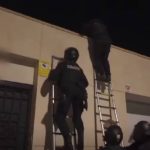
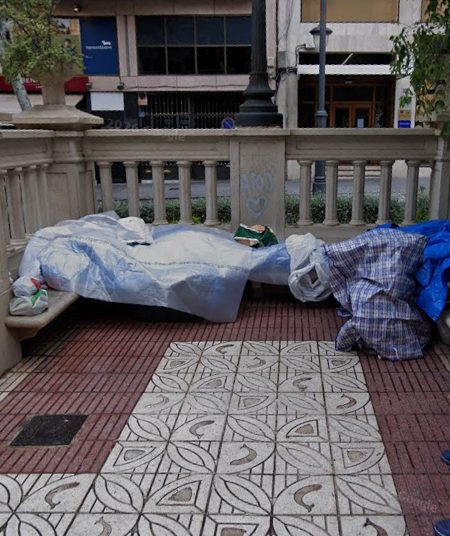
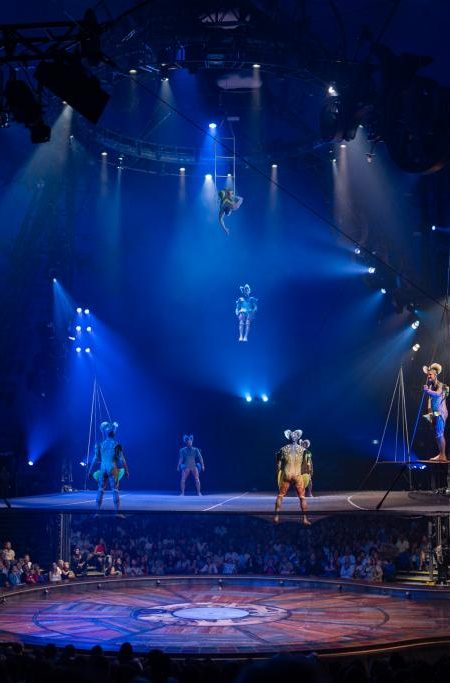
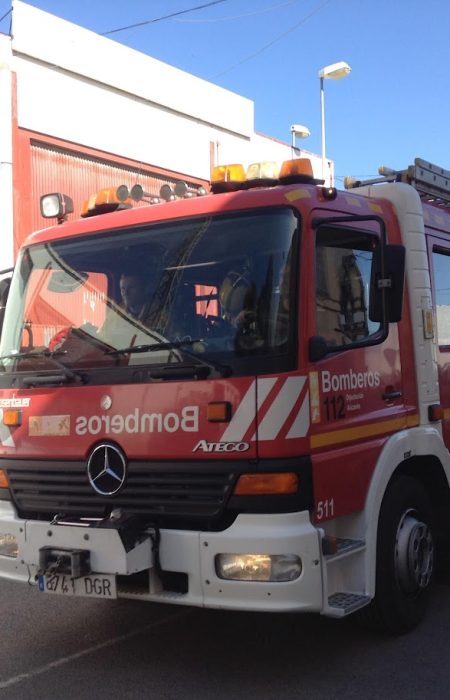
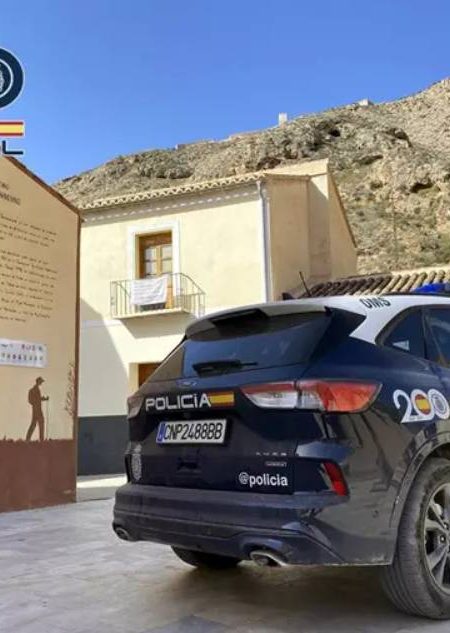
No Comment! Be the first one.